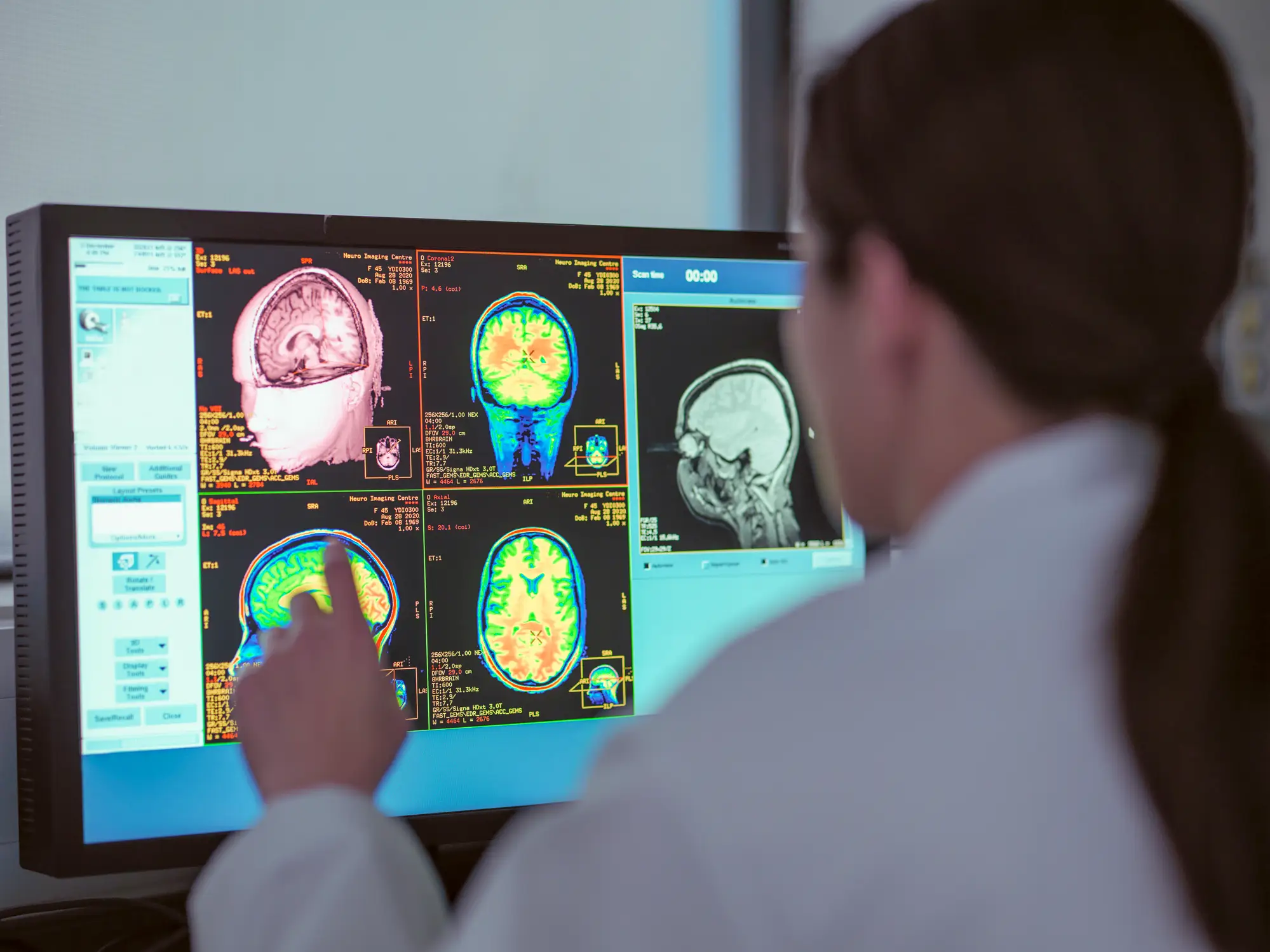
The climate crisis isn't really new news at this point - everyone who's switched on to current affairs knows that we're in the grips of a growing emergency.
What is new, though, is that climate change might have more than just environmental effects. As well as making weather more extreme and bringing a whole host of challenges with it, a new study has indicated that it could be making neurological conditions worse for us humans.
According to the authors of a newly published scientific study, increasing global temperatures and humidity can make a whole list of diseases worse, including stroke, migraines, meningitis, epilepsy, multiple sclerosis, schizophrenia, Alzheimer's disease and Parkinson's.

Advert
As two of the study's lead authors, Professor Sanjay Sisodiya and Professor Mark Maslin from University College London, explained in a piece for Science Alert, the human body has evolved over thousands of years to adapt itself to the environment of Earth, so it's actually pretty logical that a period of rapid environmental change, like the one we're in now, can have effects on how our bodies work.
Because we evolved in Africa, humans are broadly at their most comfortable in a band between 20 to 26 degrees Celsius, and 20% to 80% humidity, according to research.
This means that any time you're not in that range, there's a decent chance that your brain (and other parts of your body) is having to stretch itself a little to work as normal, or might even be failing to do that.
The new research suggests that heatwaves, in particular, are really bad for neurological conditions.
The scientists suggest that when temperatures rise, admissions to hospital for dementia increases, and similar trends are evidenced for other conditions.

For now, this study isn't able to provide immediate solutions to the problems it raises - that's obviously not the job of research scientists!
As its authors say: "Mitigation measures led by governments with international coordination are needed now.
"But it will be years before serious efforts start to make a real difference. In the meantime, we can help people with neurological diseases by providing tailored information about the risks of adverse weather events and temperature extremes."
Equipping doctors to better explain the risks that come with these conditions can help patients to better prepare or protect themselves, but it also seems clear that more research will be needed in the area.
After all, if our brains aren't designed to cope with higher heats, but these heats seem inevitable, something will have to give eventually.